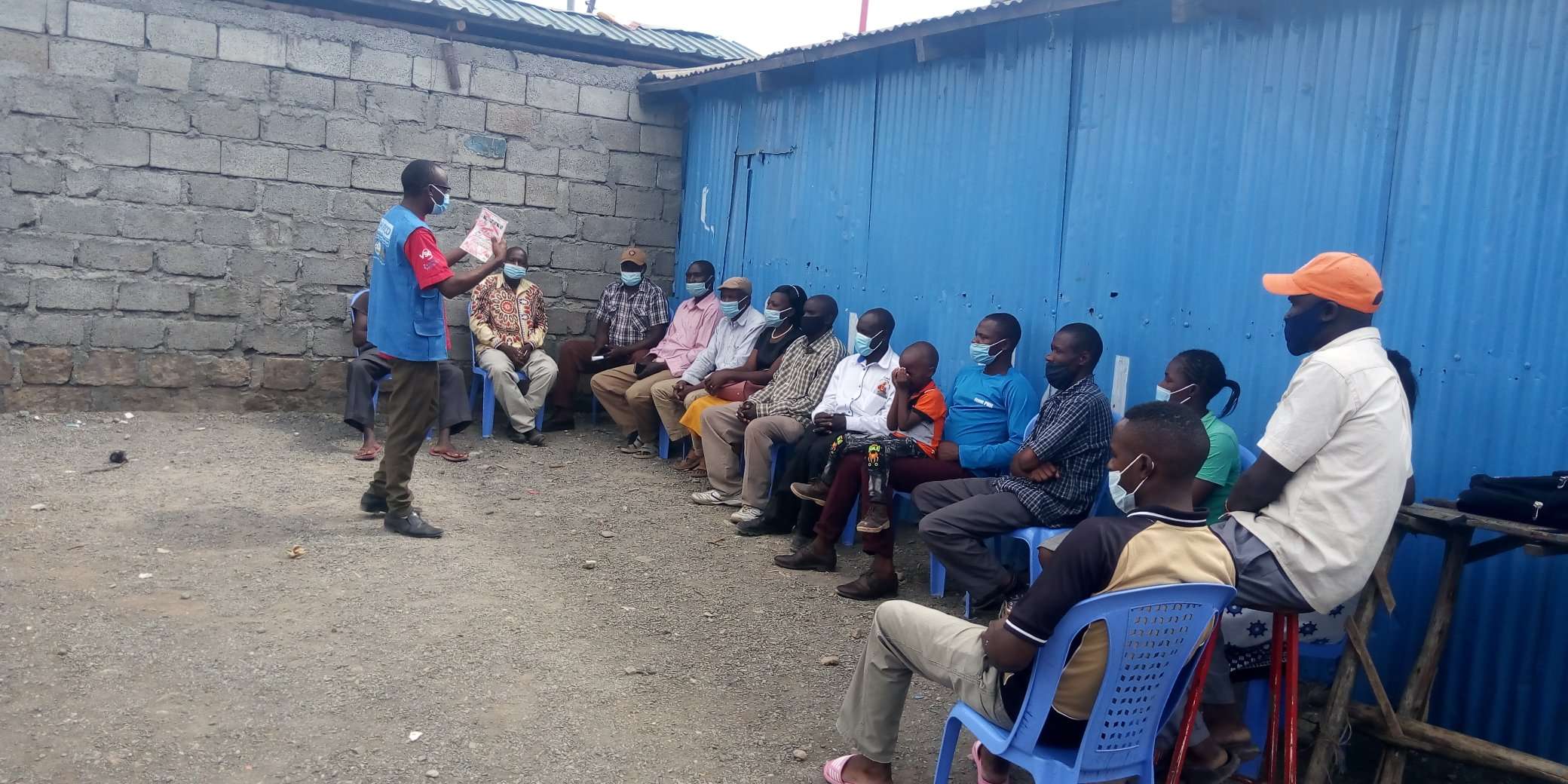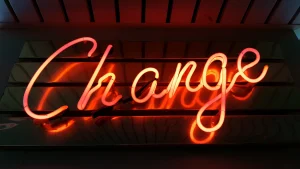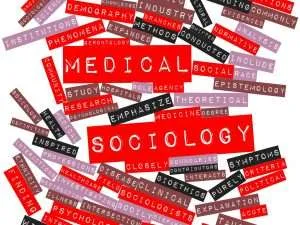Using Knowledge from Sociology to Put People First in Development Projects in Kenya
Several scientific disciplines, particularly economics, preside over the processes of planned development. But until recently, sociology has not been applied extensively. Though planning and development is a knowledge-based exercise, the practical part of the knowledge is not well utilized. The storehouse of knowledge and knowledge-generating methods amassed within sociology has been largely overlooked and sociologist have not been involved in formulation of policies to facilitate sustainable development. So, how can we use sociology in community-engaged development projects in Kenya?
For a long period, a shortage of social data and social knowledge has weakened many development interventions in Kenya because of defects in the process of generating, analyzing and using social data in development. Because initiatives have come ahead of the people and the poorer people have been neglected and they have come last of all, information has been acquired and analyzed mainly or only by outsiders without the poor people’s own involvement in the generation and use of knowledge
Sociological knowledge is very important in helping people to help themselves and making them aware of the resources they already have. Often these resources are taken for granted and need to be highlighted when a community is trying to solve a problem or meet a need. Increasing people’s capacity to influence the conditions which affect their lives, supporting people young and old to play an active part in civic life, providing learning opportunities in community initiatives to meet the needs of children, youth and adults in the community are all part of community-engaged development.
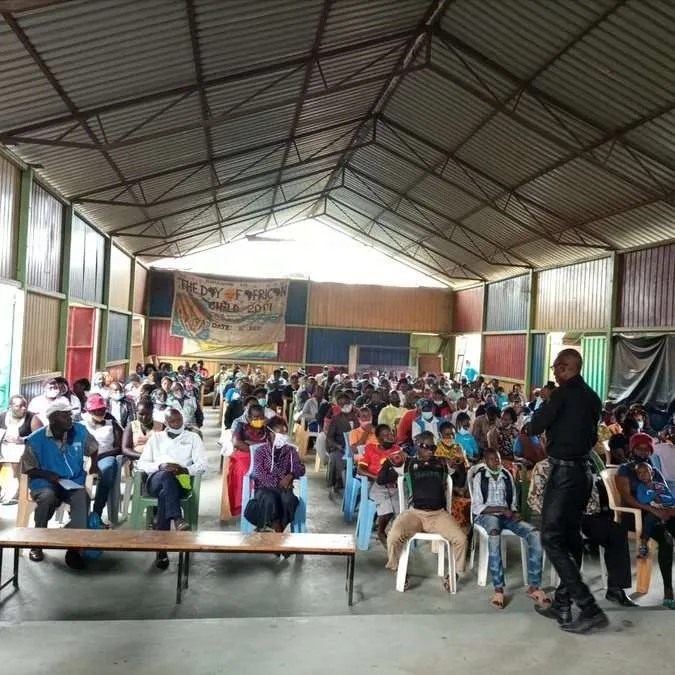
Eradicating Poverty in Kenya
Poverty eradication has been on the Kenya’s development agenda since early years, even before independence in 1963, but high levels of poverty still persist. Its time for development sociologists to take the lead to reverse the situation because, thus far, the development experts that have been in existence view the poor in distorted ways.
They lacked contact or communication with the poor, hence, allowing them to form views . Poor folks are rarely met and when they are met they are often not encouraged to speak. When they do speak, they are cautious and what they say is often ignored or interpreted badly.
Sociology and Community-engaged Development Projects in Kenya
Knowledge from sociology of development is very vital in social inclusion by developing a safer and more inclusive society where everyone has the chance to fulfill their potential. We can encourage sustainable development by meeting today’s needs without comprising the ability of further generations to meet theirs and promotes equal opportunities by creating a culture where diversity is valued and equal opportunity is a reality and not an illusion
Sociological knowledge promotes learning communities where people engage in lifelong learning to obtain the skills necessary for a prosperous social and economic development. This education promotes healthy communities where people get the help they need to live long, healthy and productive live, and where all young people should have the best start in life, the opportunity to reach their potential and a clear entitlement to influence the services that affect them.
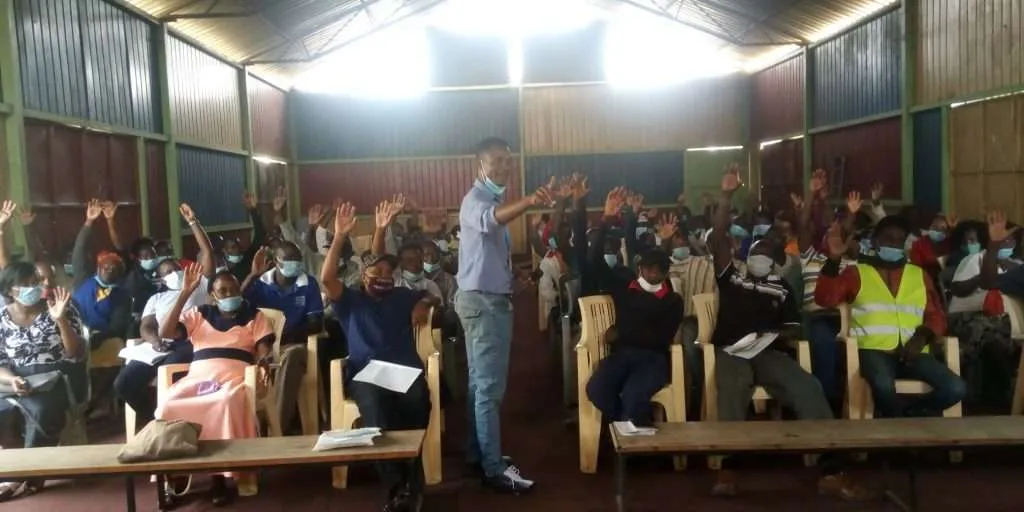
Exploitation of the Poor by the Less Poor
The less poor act as nets between the poorer and external world and they catch and trap resources and benefits intended for the poor. Most government institutions and private institutions programmes are designed intentionally for the less poor or designed and implemented by the less poor and likely to be intercepted by them. The less poor are also well placed to use blackmail, deception and violence to still from the poor
Efforts to fighting poverty in Kenya can be traced back from independence. The quest for sustainable socio-economic development has, however, been challenging. Poorer people are often out of sight. They tend to be concentrated in regions remote from urban centers and to live on the outer margins of villages or in small inaccessible villages.
Outsiders link up with networks that channel them to poor places where there are projects, where something initiated by outsiders is happening or is meant to be happening, to the neglect of non-project areas. Rural development tourists tend to meet the less poor and the more powerful men rather than women, users of services rather than nonusers, adopters rather than non-adopters, the active rather than the non-active, in all cases the bias is against perceiving the extent of deprivation.
What are the drivers of poverty in Kenya? And, How can we Implement Community-engaged Development in Kenya?
Formal institutions are not designed to address poverty. Formal policies at the political and administrative levels that have been in place since 1963 were not designed to address poverty problems rather to sustain the status quo so that they can justify their existence.
Bias Amongst the Less Poor
The less poor people are the source of information for development and the poor do not have the opportunity to speak up with those higher in the status. The poor are always weak, powerless and isolated and do not always have the resources to push themselves forward.
Environmental Sociology and Development
Population growth exerts pressure on limited resources and the environment. Population in Kenya is rising at a very high rate, while some of the population increase is absorbed by rural-urban migration into towns. Pressure from population growth means land is scarce and small farms are subdivided on inheritance, which means children then become poorer than their parents.
Labor supply exceeds demands and real wages go down, so instead of the poor coming out of poverty they continue sinking deeper and deeper into poverty. Uncontrolled population growth and uncontrolled exploitation of natural resources leads to sustenance of poverty. The more the people the more they destroy the long term potential of fragile environment.
Challenges of Development in Kenya
The population in Kenya is growing rapidly and most of this growth is taking place in cities like Nairobi. Cities are particularly vulnerable to environmental challenges due to their high population density. Population growth, poverty and degradation of natural resources often fuel one another and pose a challenge to sustainable development.
Increased demand and competition for scarce resources such as energy, water and food are putting upward pressure on resources and threatening development, Climate change and its potential impact also challenge community development and successive development and economic planning programmes have neither been thoroughly planned nor wholeheartedly implemented. Consequently, large segments of society remain economically deprived and socially marginalized. This deprivation and marginalization has appeared as the greatest challenge to community development in Kenya.
Learning from our Community
The poorest are always considered to be more ignorant and have the least to learn from, but my question is how much do outsiders know about how the poor cope? To enable the poorest to improve their lives, the first thing is to understand how they manage at the present—the poorest are the experts. They know more than the ignorant from outside who has not bothered to sit, ask listen, and understand from the poor.
The poor people know things that people from outside of poverty do not know, and some know more than others. Learning from the poorest has not been one of the anti-poverty, yet it is the pillar in enabling the poor to better their lives.
Conclusions on Community-engaged Development Projects in Kenya
It is wise to recognize that professionals and experts are much of the problem in bringing change and development and the poorer are much of the solution to challenges and problems they face. Professional values, rewards, and behavior continues to hinder change since it reinforces learning from above and not below, serving the richer and not the poorer. More and more professionals in government departments, universities, donor agencies and NGOs should recognize and practice reversals by putting people the poorer before the less poor, learning from people and not just teaching them.
I was born and raised up in poverty in rural village of God Hope, but now am using my sociological knowledge to help the poor to help themselves because I know where the shoe pinches. I have to sit, ask and learn from the poor in groups and help them to improve their social and economic standards.

